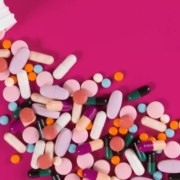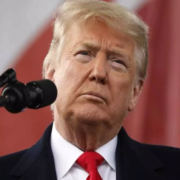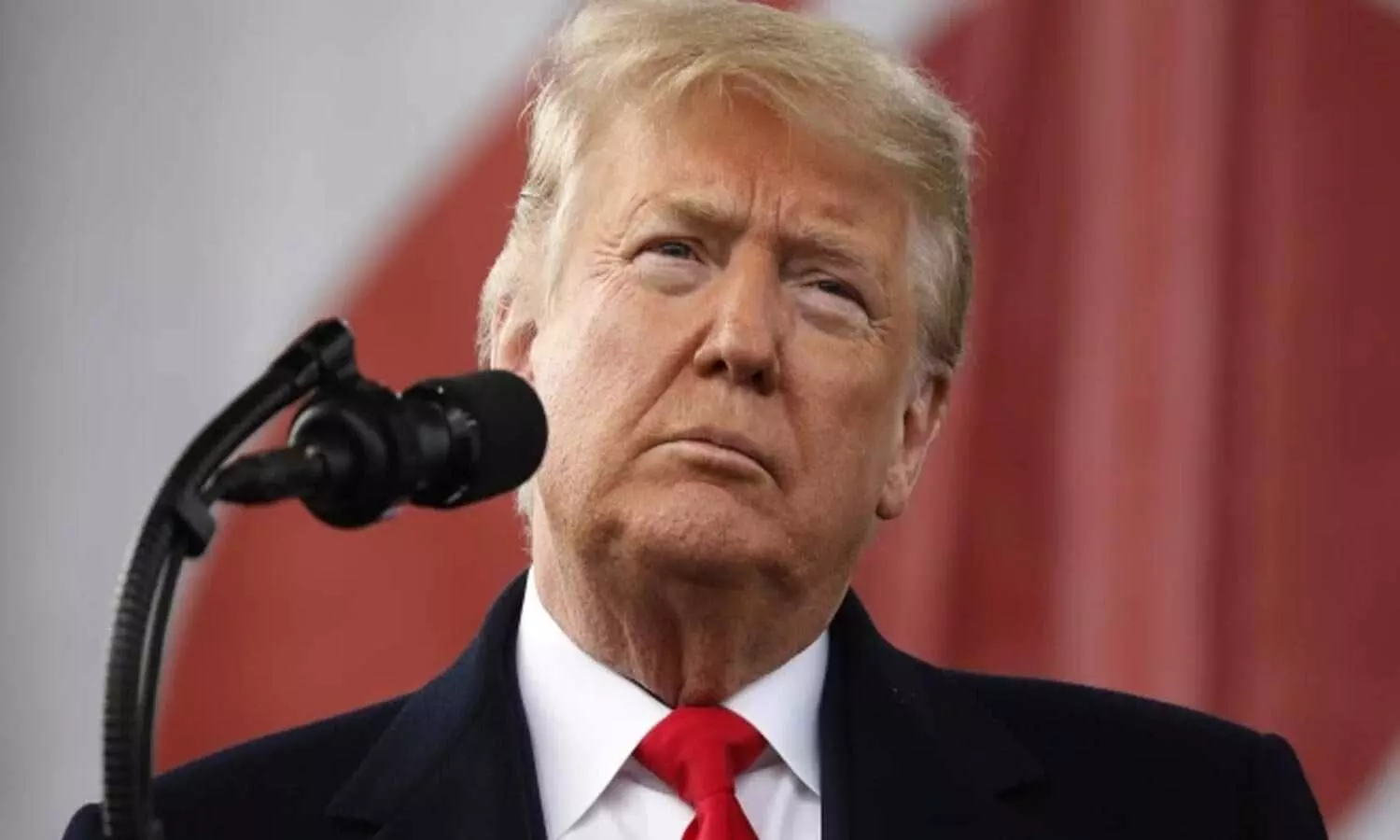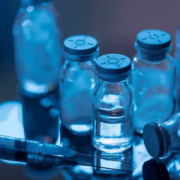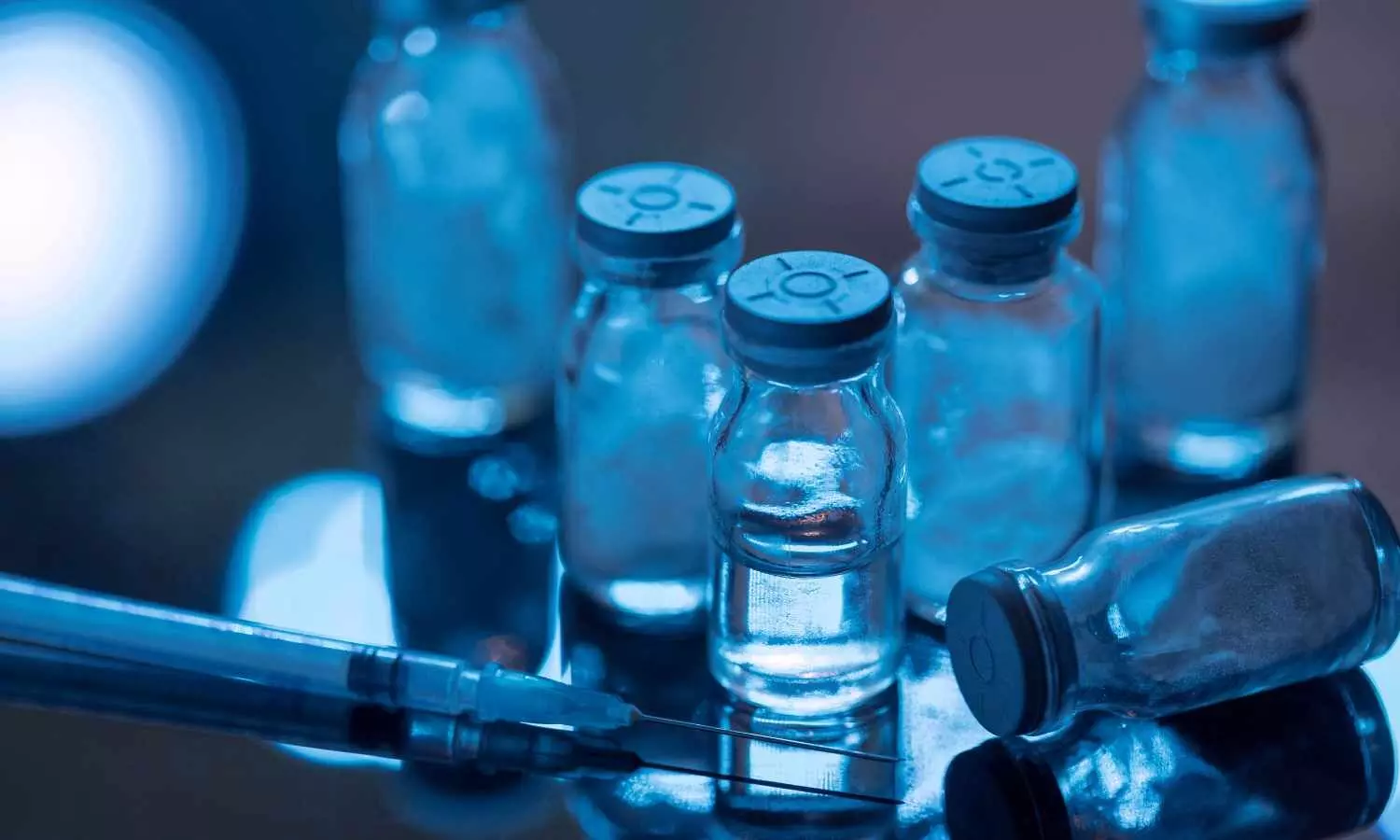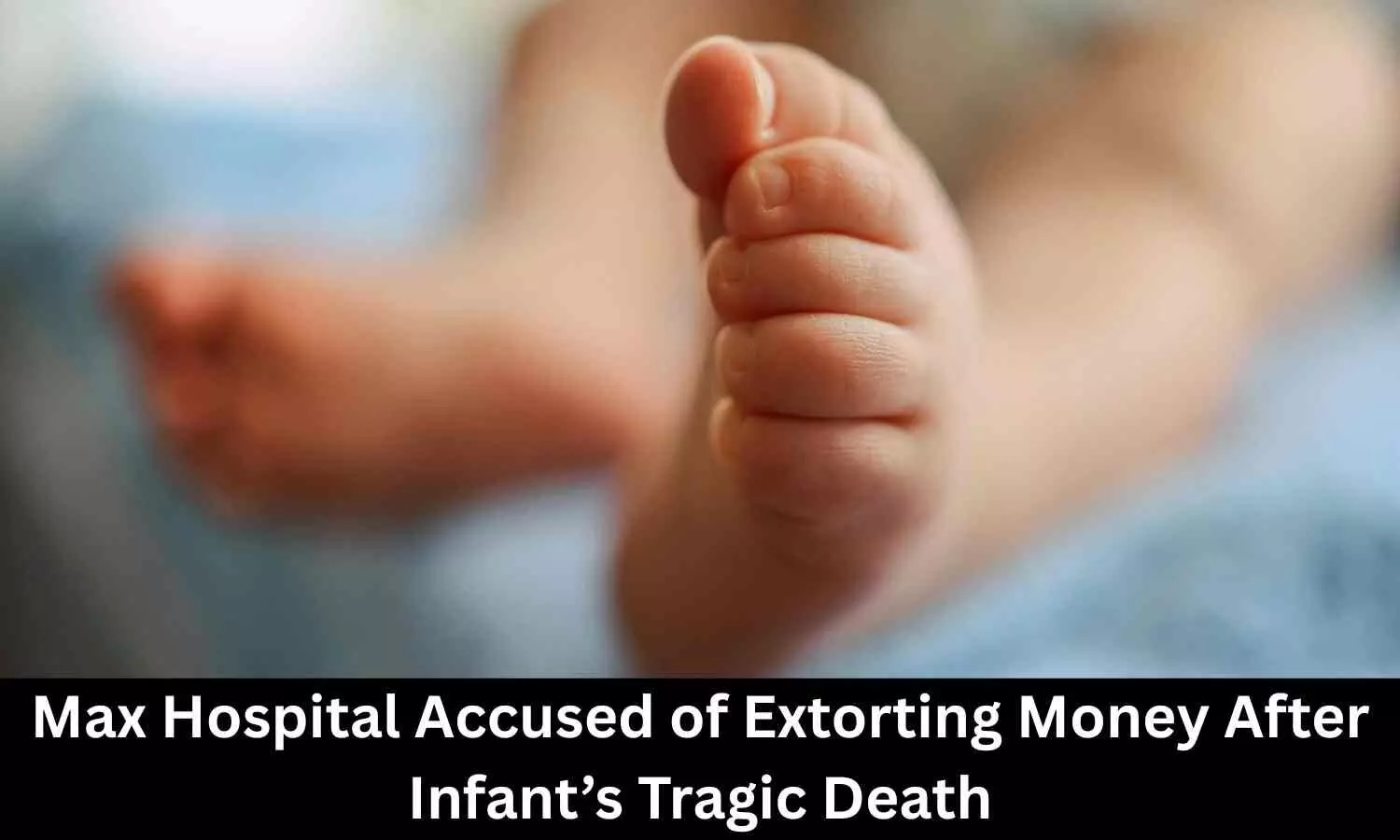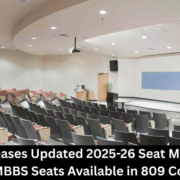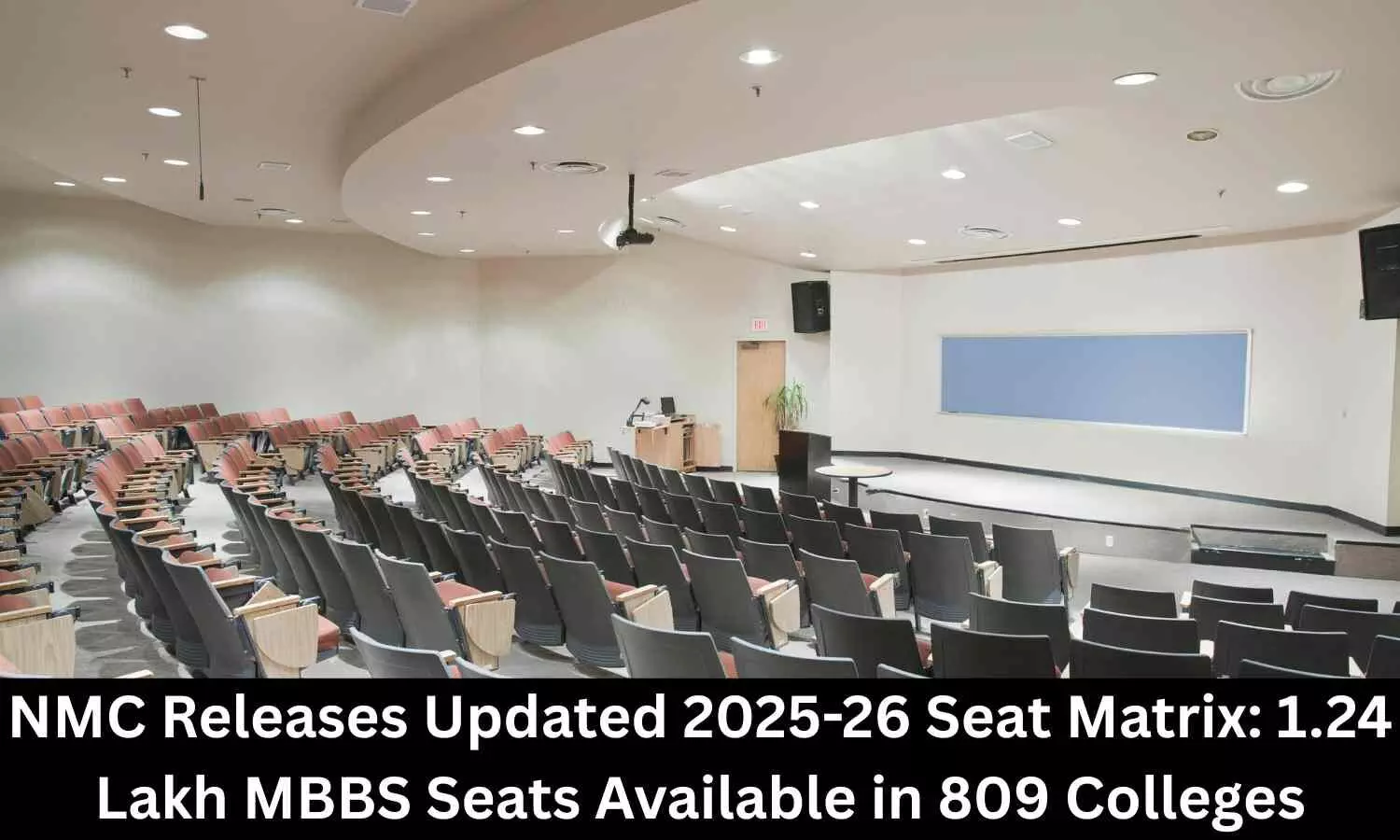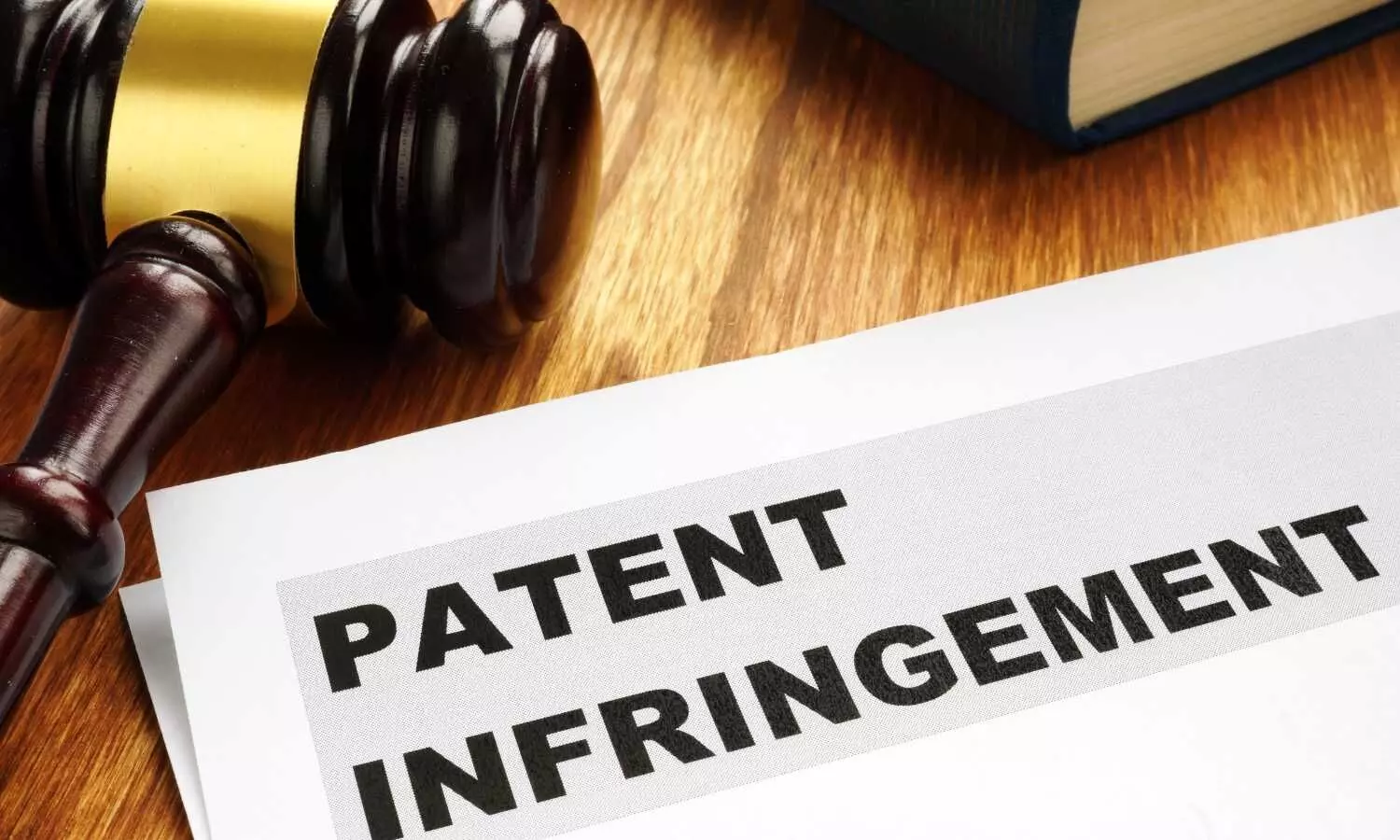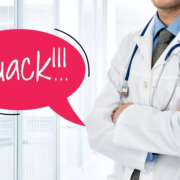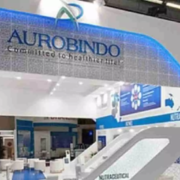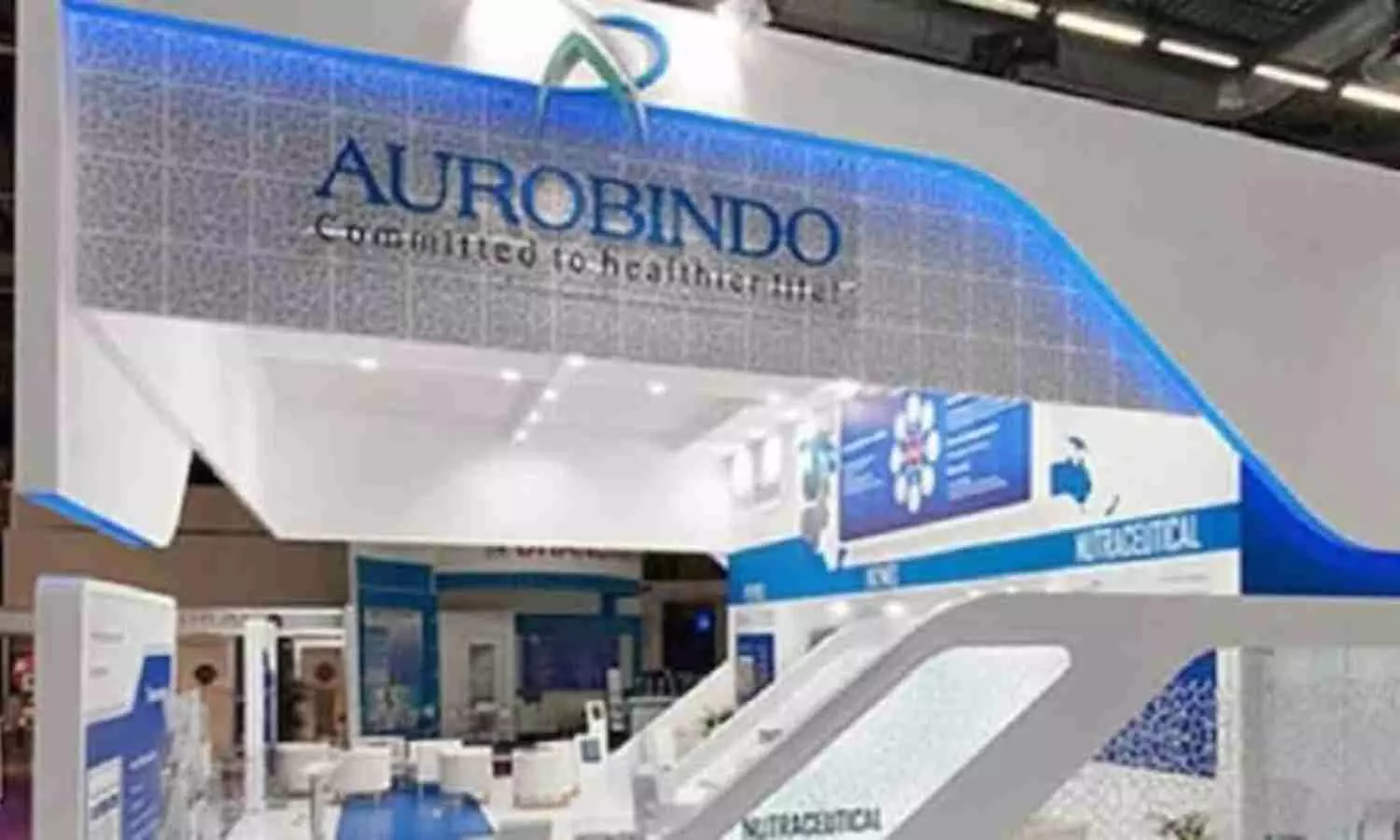Himachal Drug Makers Unfazed by US 100% Tariff on Branded Drugs
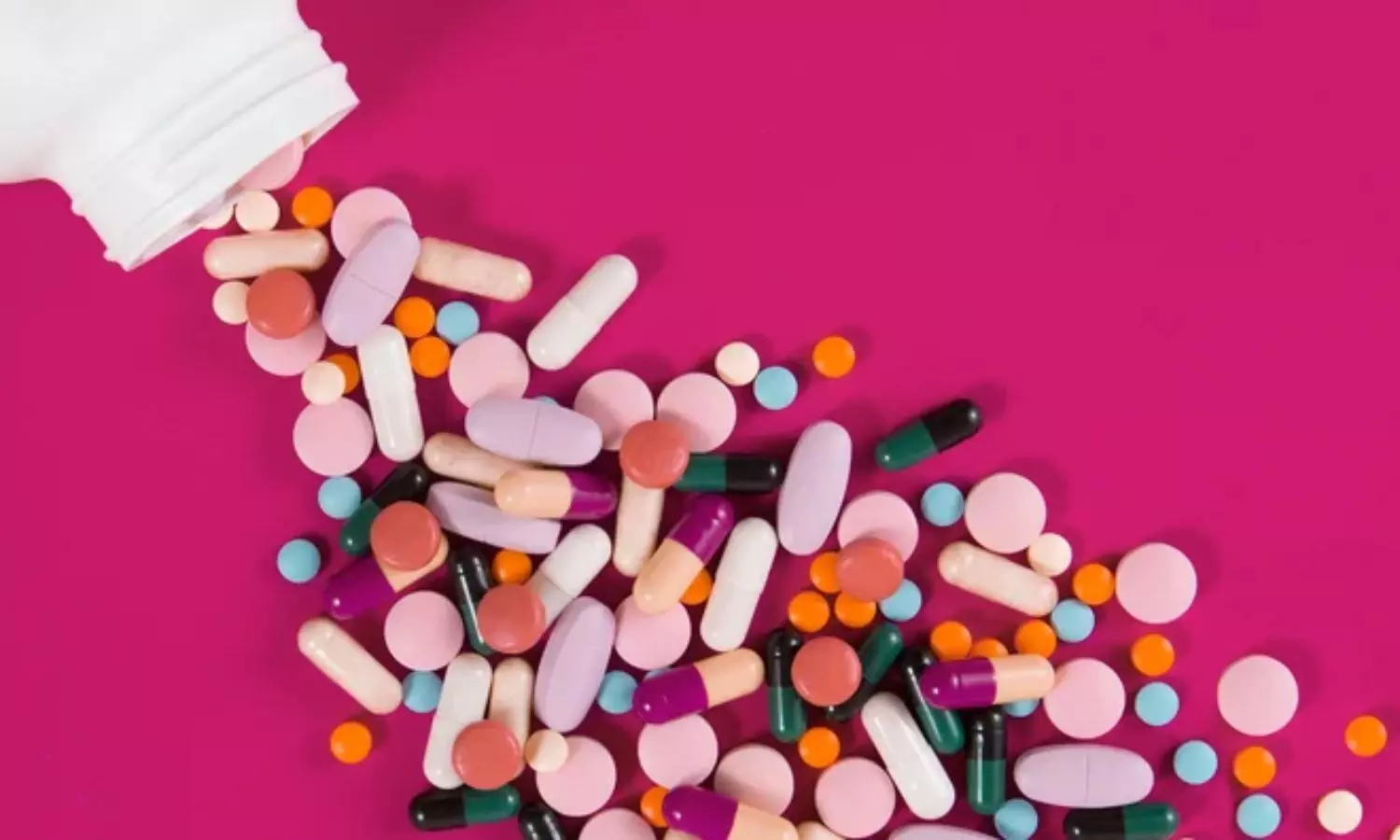
Shimla: Pharmaceutical manufacturers in Himachal Pradesh have said the U.S. decision to impose 100% tariffs on branded and patented medicines is unlikely to cause major disruptions, as the state’s pharma sector is overwhelmingly focused on generics.
The new duty, set to take effect from October 1, will apply to imported branded and patented drugs. However, industry leaders in Himachal, home to a large concentration of pharma companies, stressed that the state’s drug makers are shielded from the impact.
“More than 95 per cent of pharmaceutical companies located in Baddi, Nalagarh, Kala Amb and Paonta Sahib are engaged in producing generic medicines,” expressed Sanjay Suri, Vice-Chairman of CII Himachal and Executive Director of Morepen Laboratories. He added that India’s role as one of the largest exporters of generics to the U.S. makes it difficult for American healthcare to risk imposing tariffs on this segment, as it would directly increase treatment costs for patients.
While industry leaders appeared confident, some struck a note of caution. Rajesh Gupta, Chairman of the Himachal Drug Manufacturers’ Association, said the exemption for generics must be clearly defined. “The distinction between generic and branded or patented drugs is not always straightforward,” he noted, adding that some companies manufacture branded medicines outside the state. According to him, clarity in the tariff notification is essential to prevent confusion.
Himachal Pradesh is among India’s leading pharma hubs, with around 580 pharmaceutical units operating in the state. Nearly 79 per cent of them are based in the Baddi-Nalagarh-Barotiwala belt of Solan district, while the remaining are concentrated in Kala Amb and Paonta Sahib in Sirmaur. Together, the state’s pharmaceutical industry boasts an estimated annual turnover of ₹40,000 crore, contributing significantly to India’s drug exports.
According to a recent media report in The Indian Express, the general consensus among industry players is that Himachal’s pharma sector will remain largely unaffected, unless the U.S. extends tariffs to generic medicines in the future.
Powered by WPeMatico

